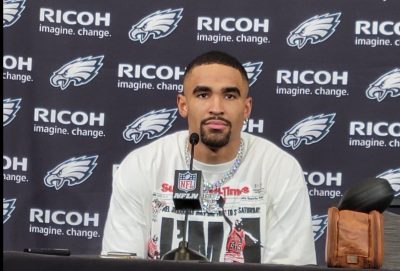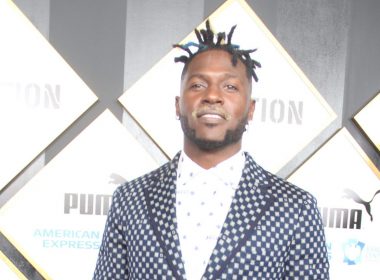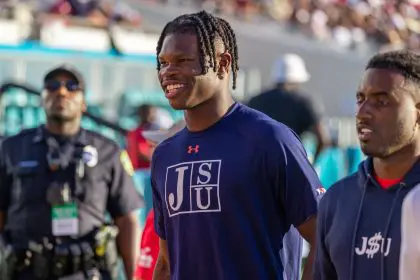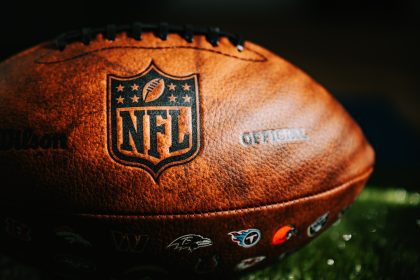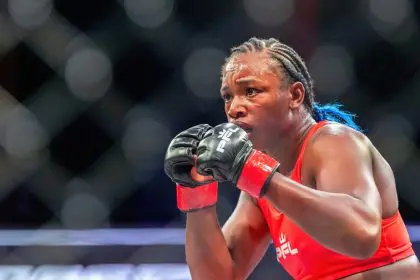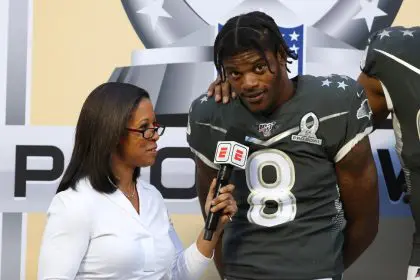
After enduring weeks of relentless racial abuse and merciless trolling by unhinged disciples of singer Taylor Swift, the ex-girlfriend of NFL superstar Travis Kelce has finally defended herself.
Kayla Nicole, one of the two Black women that the Kansas City All-Pro tight end has dated within the past decade, has been the object of a barbaric racial diatribe administered by the legion of “Swifties.” The cruelty from the Swifties began as soon as Kelce and Swift started officially dating. This resulted in Nicole’s social media platforms being inundated with insults ranging from her skin tone and ethnicity to her body type and even her fashion choices
These are just a few of the comments Kayla Nicole has been receiving on her ig posts the past few weeks, and this isn’t even counting the dms! Nor the twitter, instagram, and tiktok account fan pages that continue to bash her everyday! IDC she was right to speak up. pic.twitter.com/AA2Ii6PRNk
— Momentforrlife (@SandyMalon9696) October 10, 2023
Nicole, an on-air sports journalist, began dating Kelce in 2017, and it officially ended in 2023 when Kelce announced on the popular podcast “The Pivot” that he’s “in the free market right now.”
“I’m out there just enjoying life, focused on my profession,” Kelce told host Ryan Clark at the time.
Ironically, Nicole has been dodging fire from both sides of the racial aisle. She explained on the “Relations — with Kamie Crawford” podcast in October 2022 that Black men were “lashing out” at her after she posted a picture with Kelce, a White man.
Now, having fully absorbed the harassment from Swift’s predominantly White fanbase, Nicole is taking the time to halt the hate.

“It’s always been really important for me to use my platform not to create division but to elevate and unite women — Black women, specifically,” she says in the video.
“Dear Black girl: They may call you a traitor for falling in love. You’ll hope the ones closest will protect you. But you’ll quickly find out that people don’t protect what they don’t value.”
Nicole never mentions Kelce or Swift by name but uses the platform to address the abuse that Black women are often undeservedly subjected to merely because of who they are. Nicole’s experience is exacerbated as a Black female journalist who is often viewed as “too much, too provocative, too boisterous, [and] too outspoken” and “not successful enough, not wholesome enough, [and] maybe not even intelligent enough.”
“They’ll say you deserve the backlash and embarrassment,” Nicole continues. “Because of your Blackness, you should have known better. They’ll even try to tie your value to your net worth. But Black girl, please remember your value lies elsewhere.”
Nicole completes this thought by saying, “And the way you stand up for what means most to you, even though they may never do the same.”

